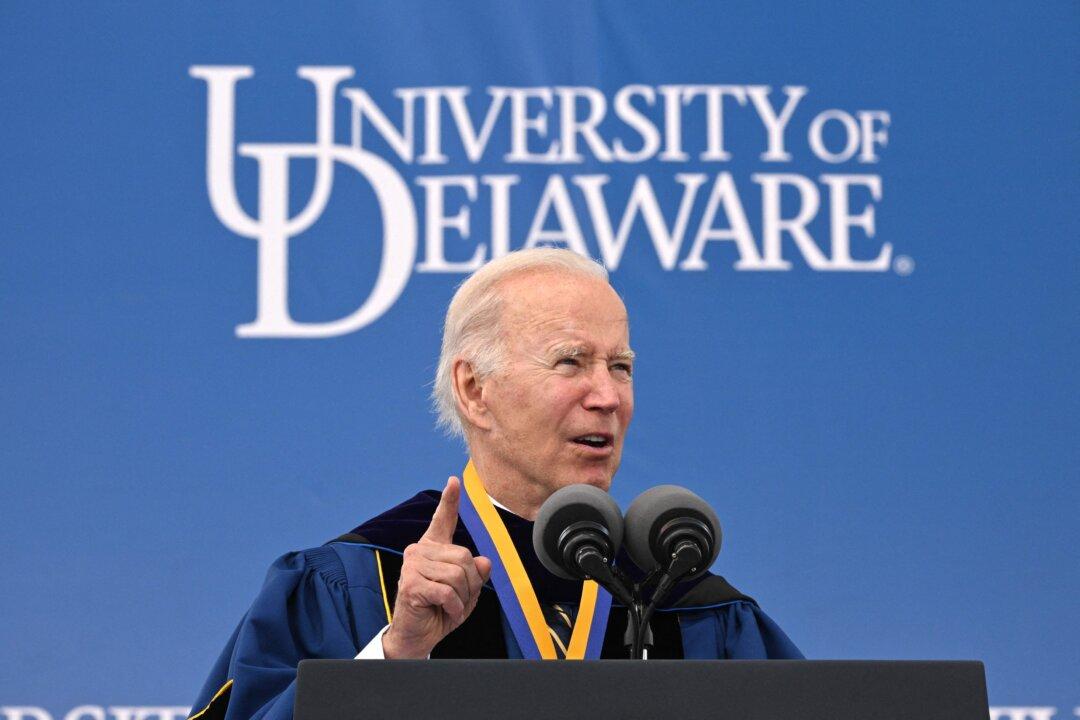The Delaware Supreme Court will deliberate on whether the University of Delaware violated the state’s Freedom of Information Act (FOIA) in denying requests related to President Joe Biden’s U.S. Senate records.
More than 1,850 boxes of archival records and 415 gigabytes of electronic records from Biden’s time in the Senate are currently housed at the University of Delaware.





